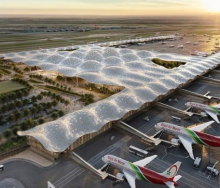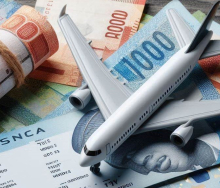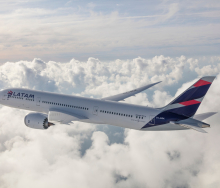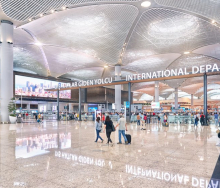The travel industry could have reached the end of the runway in terms of cash flow, following three months without income, and is now moving ahead with retrenchments affecting thousands of industry professionals.
A reported 978 jobs are expected to be terminated at Avis/Budget Car Rental, Flight Centre has moved to close 40% of its South African stores and there are reports that Comair will be shrinking its workforce further as it halves its fleet. Travel News is receiving reports of mass retrenchments taking place this month. One consortium is said to be cutting 1 000 jobs, another large travel-related call centre of around 100 people has reduced numbers to less than 20 employees and medium-sized tour operators are slashing staff contingents to fewer than 10 people.
“Most travel businesses, if not all of them, will by now be going ahead with Section 189 processes. They have held out as long as possible but with three months without income and no news from government about an extension on the TERS UIF relief programme, which currently allows for a maximum of three months of payments, travel companies are out of runway and have no option but to retrench at this point,” said ceo of Asata, Otto de Vries.
Ceo of Cullinan Holdings, Michael Tollman, told Travel News that the retrenchments that were currently taking place in the industry were just the tip of the iceberg of what would happen if travel restrictions were not eased.
“We are of the belief that a balance must be found between life and livelihood. We, like the leaders of our sector, believe that our industry can be reopened in gradual steps together with the introduction of safety protocols. Local game lodges, for example, offer natural spacing and therefore offer guests very low risk of exposure. It would be devastating to see the wide-scale failure of establishments like these, which is inevitable if the industry is not reopened soon to save both businesses and jobs,” added Michael.
Ceo of Cruises International, Marco Cristofoli, told TN the decision to retrench people they cared about was the most difficult decision a leader would have to grapple with. “When lockdown was announced, the industry anticipated that it would have to make it through a three-week period without income but as the timelines continue to be extended, with no end in sight, leaders have had to make tough decisions for the continuity of their businesses. Retrenchment is always the last resort and we can only hope that the companies that act now to save costs will be able to slowly rebuild themselves on the other side, bringing their team members back on board at that point.”
Just Saying’s Robyn Christie agreed that the crisis was now at the industry’s doorstep. “Even though domestic flights are taking off again, it does not mean that there are passengers to fill them. Both businesses and individuals have suffered such losses during lockdown that they have to minimise their costs to survive – be it in by postponing their family holiday to the following year or continuing to make use of Zoom for long-distance meetings. This will substantially affect travel volumes even after border closures are lifted. Companies have hung on and done everything they can to avoid permanent cuts but the reality is that, without rightsizing at this point, businesses will be unable to sustain the same size workforce with reductions in passenger volumes,” said Robyn.
She said she would like to salute the industry for supporting each other through these times – from professionals assisting each other with upskilling, to informal social media support groups, to industry colleagues supporting one another’s ventures, which include everything from biscuit-selling to pyjama-making to delivery services.
















